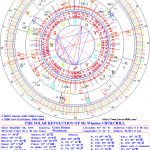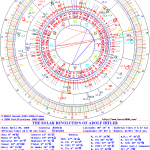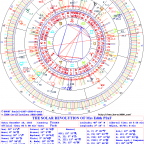
On 7 May 1945, in a school in Reims, France, the German General Staff of the Western Front signed its unconditional surrender. Winston Churchill proclaimed the surrender of Germany and the cessation of hostilities by midnight plus one minute, on 8 May 1945. This same day, the Nazi General Staff in Berlin confirmed its surrender.On 19 May 1945, the Labour Party left the government, ending the wartime period of national unity. New elections were held on 5 July. The surprising result was that the Labour Party won for the first time since its foundation. After leading his country to total victory,...
Read this entry...
Read this entry...

